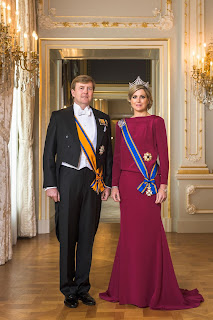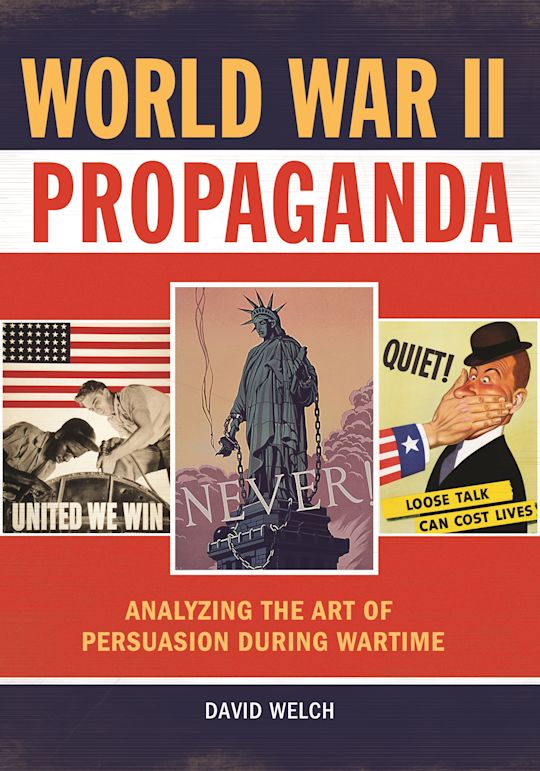Forbidden book about Congo
As you may know, I wrote a book about the war in Congo and Rwanda 'B;ood Phone' about minerals and ores. I translated this article published this week in French into Dutch and English because it is extremely important to know that Paul Kagame the president of Rwanda, the US, EU and the Dutch government are working together to appropriate cheap access to these resources through violence and rape.
The Fédération Internationale des Ligues de droits de l'Homme (FIDH), the Survie-France association, the Ligue des droits de l'Homme (LDH), the Communauté Rwandaise de France (CRF) and the Collectif des Parties Civiles have filed a civil party complaint against political scientist and writer Charles Onana for ‘denial of the crime of genocide of the Tutsis’.
We are publishing this text sent to us by Charles Onana's publisher for the sake of pluralism on a particularly complex Rwandan issue.
The trial will take place before the Paris Criminal Court on 7, 8, 10 and 11 October. The complaint relates to Charles Onana's resounding book, Rwanda, la vérité sur l'opération Turquoise, published in 2019 by Éditions de l'Artilleur, with a preface by Colonel Luc Marchal, commander of the UN blue helmets in Rwanda in 1994. Colonel Marchal, who was in charge of security in the city of Kigali in 1994 and experienced Rwanda's descent into hell at first hand, will be on hand to support Mr Onana, whose innovative method of analysis he says ‘sheds light on the whole Rwanda issue (...) with the scientific rigour that is required’. Mr Onana's book sheds light on the grey areas of the genocide and massacres in Rwanda and what he calls the ‘masked invasion of Congo-Zaïre’ in 1994 by the rebels led by Paul Kagame. According to him, this invasion was meticulously prepared by pushing Rwandan refugees en masse into the territory of what is now the Democratic Republic of Congo (DRC) with a view to plundering its mineral resources. On the basis of an analysis of staff maps from the CIA, the Belgian army and the French military intelligence directorate, Mr Onana discovers that the invasion of Congo had already begun in 1994 and continued in 1997 with the fall of President Mobutu.
This book led to the dismissal of Congolese journalist Jacques Matand from the BBC after an interview with Mr Onana. In the end, the Congolese journalist won his case against the British broadcaster, the court concluding that he had committed no professional misconduct and ordering him to pay compensation. The same book will again hit the headlines before the French courts, this time for a reason that has nothing to do with the subject it deals with.
The aim of the plaintiffs is to try to ban Charles Onana's book and to discredit the author to prevent him from disseminating his research based on numerous documents from the UN Security Council, the White House and Pentagon archives and the Élysée Palace archives, which prove Paul Kagame's true role in the tragedy of the Great Lakes region of Africa, where the death toll now runs into the millions, in addition to the hundreds of thousands of raped women and traumatised children.
Paul Kagame and the Rwandan state had already filed a complaint in 2002 before the 17th Chamber in Paris against Charles Onana for his book Les secrets du génocide rwandais (Secrets of the Rwandan genocide), co-authored with a Tutsi genocide survivor, Déo Mushayidi, a former member of the Rwandan Patriotic Front (RPF) and personal friend of Mr Onana, who is now serving a life sentence in Rwanda. Paul Kagame and the Rwandan government withdrew their complaint after Mr Onana and his lawyer provided evidence. This book was widely used by lawyers before the International Criminal Tribunal for Rwanda (ICTR). Respected for his research and work in many countries, Mr Onana was officially received in 2005 by Prosecutor Carla Del Ponte in The Hague, who made revelations about Paul Kagame's attitude to the special investigations that his office had conducted against the Tutsis of the Rwandan Patriotic Army (RPA) led in 1994 by the man who has ruled Rwanda for more than 30 years.
Despite the attractive image that this regime manages to project to the outside world, a consortium of 50 journalists from 17 media outlets and 11 different countries recently examined the practices of the Rwandan government. The revelations of the Rwanda Classified investigation are unequivocal: ‘intimidation, threats or assassination attempts to silence all critical voices, whether in Rwanda or abroad’. At this stage, would the associations suing Mr Onana and his publisher dare to bring a complaint against Mr Kagame's regime for its action with the M23 in the Democratic Republic of Congo, proven and well documented by UN experts, while claiming to defend human rights?
Paris, 11 September 2024





Reacties
Een reactie posten